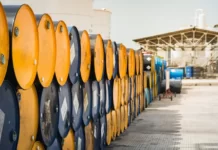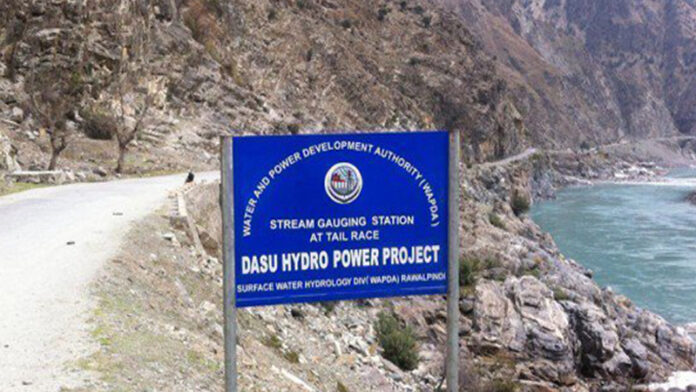The Executive Committee of the National Economic Council (ECNEC) conditionally approved the construction of the Dasu hydropower project at a revised cost of Rs1.74 trillion, marking a significant increase of 240% from the original cost.
According to a news report, the revised cost for the hydropower project, now pegged at $6.2 billion, includes a 240% increase from its initial estimate of Rs479 billion. The decision also provides for the procurement of a helicopter to facilitate the safe travel of Chinese contractors working on the project. The cost revision stems from multiple factors, including security arrangements and land acquisition delays, particularly following attacks on Chinese contractors.
The project, originally designed to generate 2,160MW of electricity, will require additional loans, both foreign and domestic, including a $1 billion loan from the World Bank. The government also plans to borrow Rs350 billion in commercial loans to cover the remaining financing needs.
In a separate development, the ECNEC approved the construction of a new border crossing at Wagah with India, with the intention to improve cross-border trade infrastructure. The project, valued at Rs95.5 billion, will involve international competitive bidding to ensure transparency and efficiency in its execution.
Additionally, ECNEC gave approval for the establishment of 30 anti-smuggling checkpoints along the River Indus and in Balochistan at a cost of Rs15 billion. This initiative aims to curb smuggling and enhance tax revenue through technology-driven enforcement.
Other approved projects included the Sindh Flood Emergency Rehabilitation Project Phase-II, costing Rs12.2 billion, and the Mangi Dam project, aimed at addressing Quetta’s water supply issues with an estimated cost of Rs19 billion.
Further initiatives in education and power sectors also received approval, including a Rs46.6 billion project for enhancing early learning in Sindh and a Rs11.3 billion transmission system reinforcement project for Islamabad and Burhan areas.
























